Tags: Cannabis Lounges, Nevada, Cannabis Policy, Legalization, Industry Reform, Small Business
When Smoke and Mirrors, Nevada’s first state-licensed cannabis consumption lounge, opened in early 2024, it was hailed as a major milestone for the state’s adult-use market and a potential blueprint for others across the country. Less than a year later, it's permanently closed.
The lounge, operated by Thrive Cannabis Marketplace and located just off the Las Vegas Strip, represented what many hoped would be the future of cannabis culture: social, normalized, and elevated. But like too many other legal cannabis ventures, it found itself crushed under the weight of impractical regulations and economic policies that seem designed to ensure failure.
“It has become clear that the regulatory framework for cannabis lounges is not currently conducive to operating a financially sustainable business,” the company stated in a press release.
Source: Ganjapreneur
Let’s break down what’s really going on—and what needs to change if we want this industry to thrive.
The Cannabis Lounge Model: A Necessary Evolution
Cannabis lounges are more than just novelty attractions or tourist bait. They’re a critical piece of the post-prohibition puzzle, allowing consumers to enjoy cannabis in safe, social settings—especially those who can’t legally consume at home or in hotels.
But while alcohol lounges and bars are commonplace (and often subsidized through lenient regulation and tax treatment), cannabis lounges are forced to operate with one hand tied behind their backs and a labyrinth of obstacles:
- No on-site food or alcohol sales in many states.
- Limited product variety due to packaging and THC caps.
- No advertising freedom.
- Confusing zoning laws that keep lounges tucked away and inaccessible.
- Consumption thresholds/limits
- No infused food
In essence, we're asking cannabis lounges to operate like restaurants while banning everything that makes restaurants profitable.
Crushing Regulations + No Banking + 280E = Doom Loop
What Smoke and Mirrors faced is not unique—it’s systemic. Legal cannabis businesses are subject to:
- 280E Tax Code, which prevents them from deducting ordinary business expenses.
- No access to traditional banking, forcing them to operate in cash or use predatory fintech workarounds.
- Overregulation, from security mandates to compliance reporting that rivals pharmaceutical operations.
Imagine launching a startup where you're taxed like a drug cartel, regulated like a hospital, and treated like a criminal by your bank. That’s the cannabis playbook.
Cannabis is Legal, But Treated Like It Isn’t
The closure of Nevada’s flagship cannabis lounge sends a clear message: We have legalized cannabis, but we haven’t normalized it. And that disconnect is costing jobs, hurting innovation, and giving illegal markets all the oxygen they need to keep thriving.
Policymakers love to tout tax revenue from cannabis. But they rarely acknowledge that those taxes are paid by business owners bleeding cash, cutting staff, and shuttering shops.
The hypocrisy is loud:
- Alcohol gets mainstream infrastructure, marketing access, and social acceptance.
- Cannabis gets loopholes, compliance traps, and stigma.
The Blunt Truth: It’s Time to Stop Punishing Legal Cannabis
If we want legal cannabis to succeed—and we should, for economic, social justice, and public safety reasons—we need to treat it like the legitimate (and growing) industry it is. That means:
- Rewriting 280E to allow expense deductions like any other business.
- Opening access to banking and capital markets.
- Creating regulatory models that foster innovation and growth, not penalize it.
The closing of Smoke and Mirrors should be a wake-up call. Not just for Nevada, but for every state trying to build a legal market while still clinging to prohibition-era mindsets.
We can’t celebrate the end of the drug war while continuing to fight the battle on the balance sheets of cannabis entrepreneurs.
It’s time to stop admiring the problem—and start fixing it.
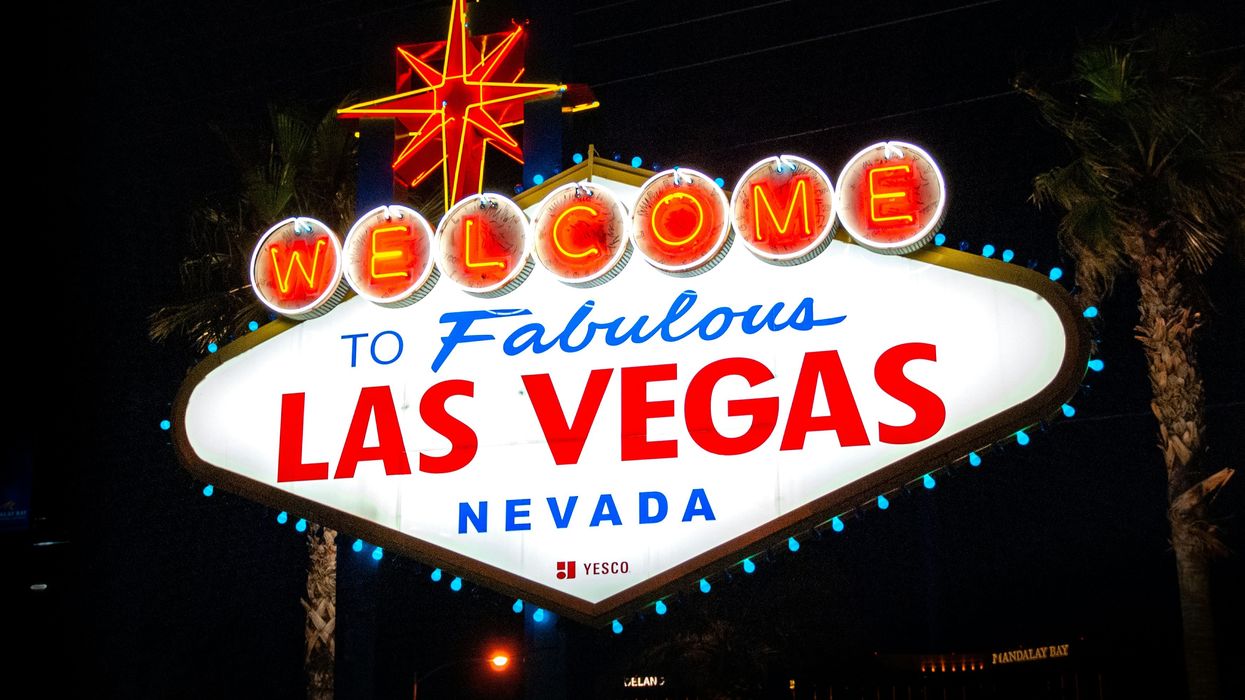





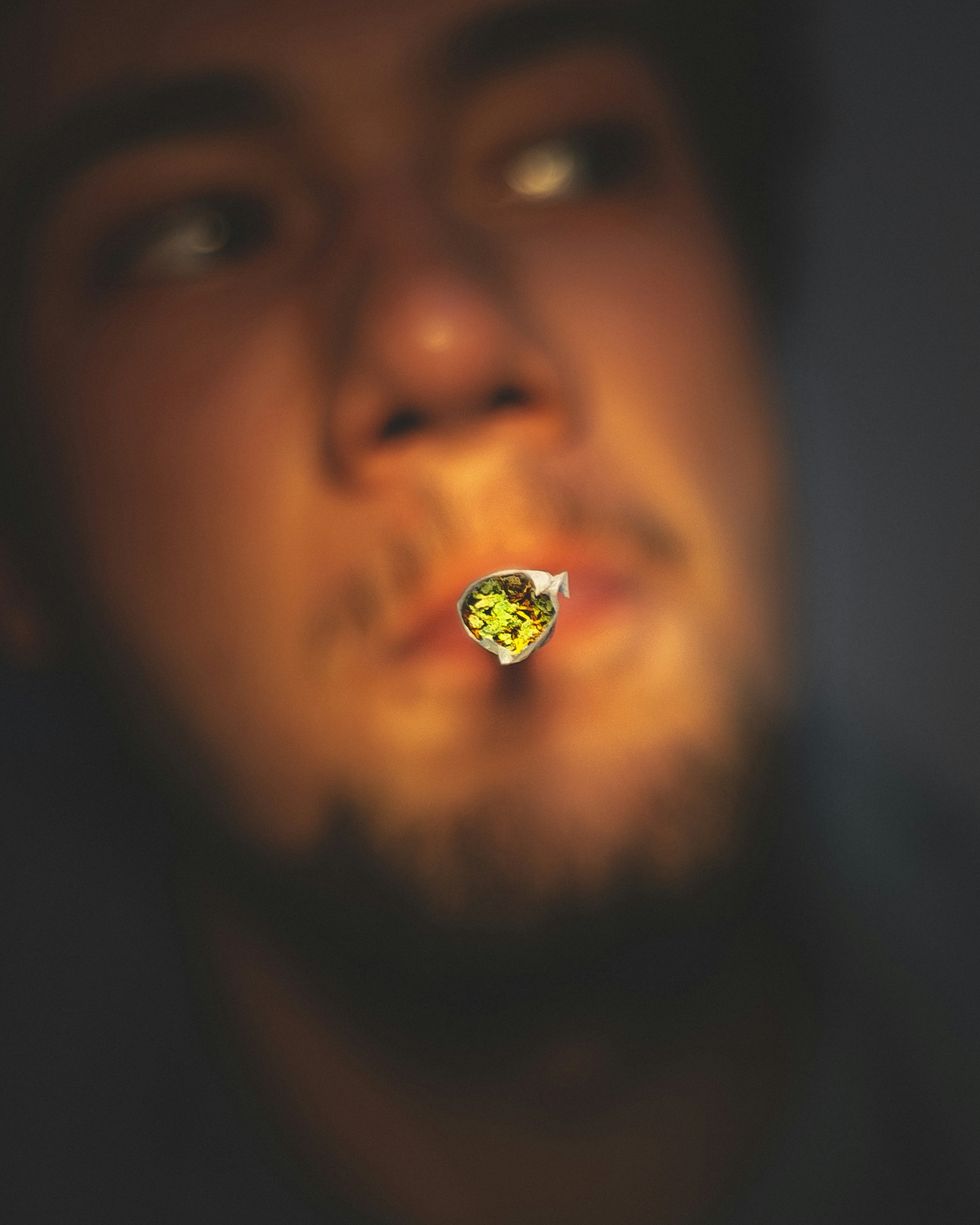 High-THC Weed Explored - The Bluntness Photo by
High-THC Weed Explored - The Bluntness Photo by 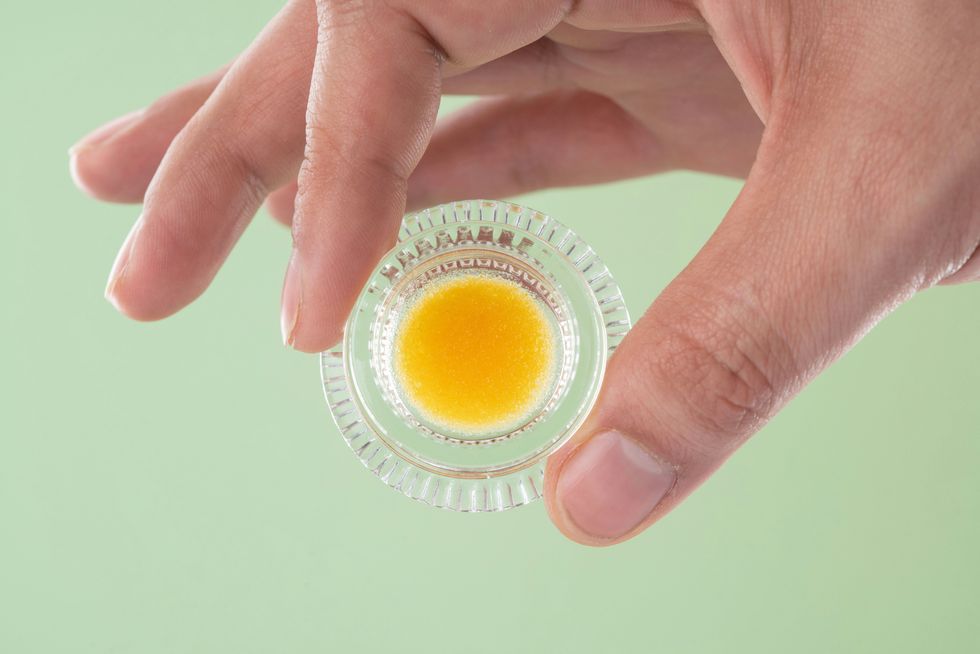 High-THC Weed Explored - The Bluntness Photo by
High-THC Weed Explored - The Bluntness Photo by 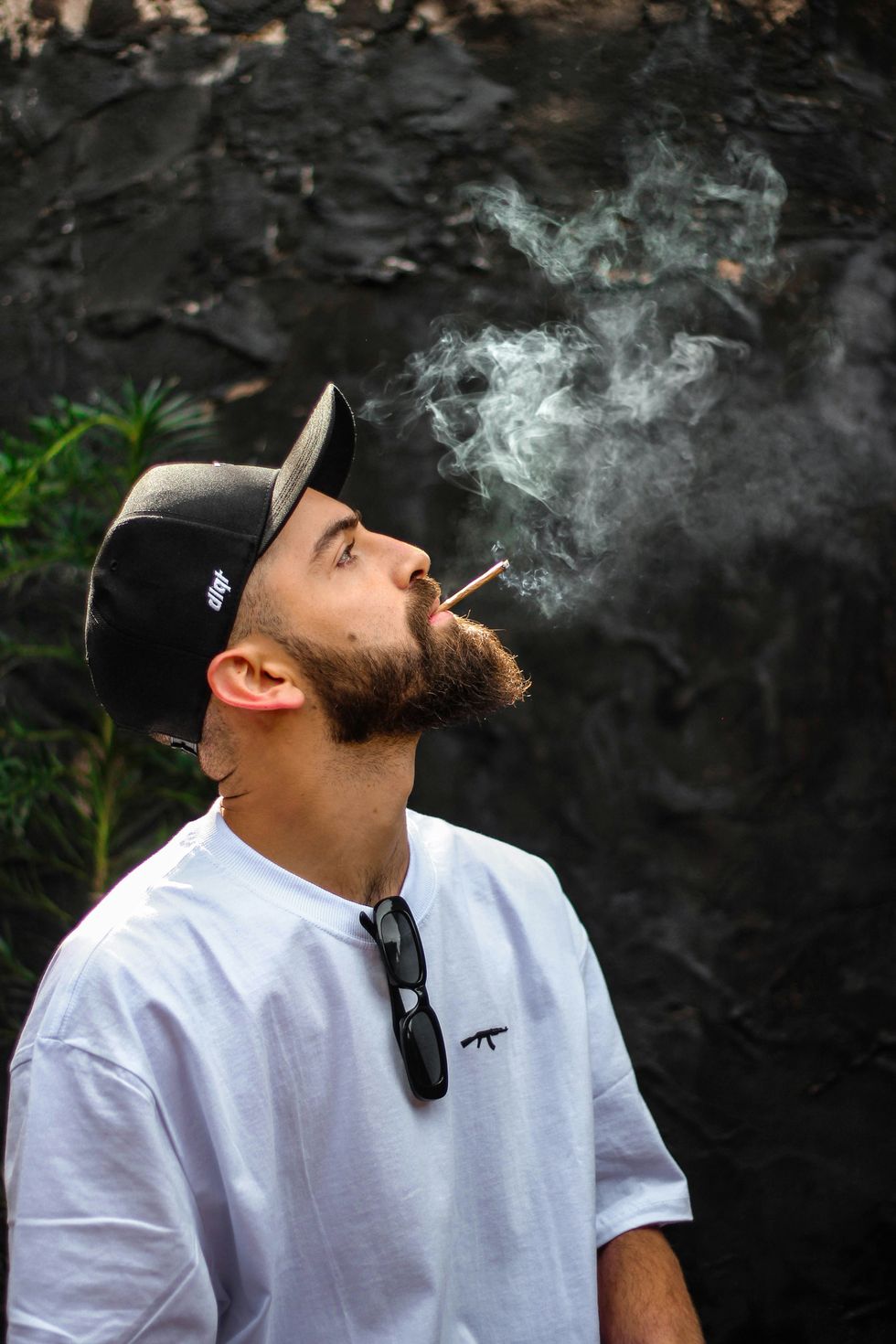 High-THC Weed Explored - The Bluntness Photo by Maria Fernanda Pissioli on Unsplash
High-THC Weed Explored - The Bluntness Photo by Maria Fernanda Pissioli on Unsplash 






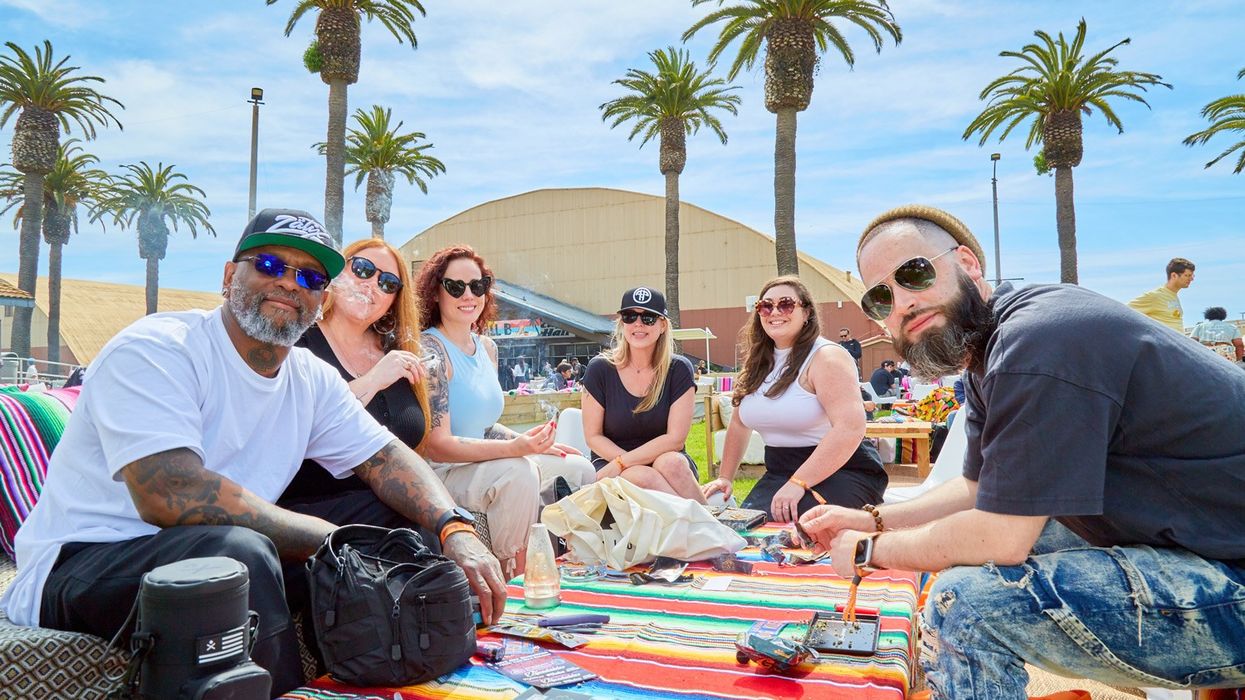
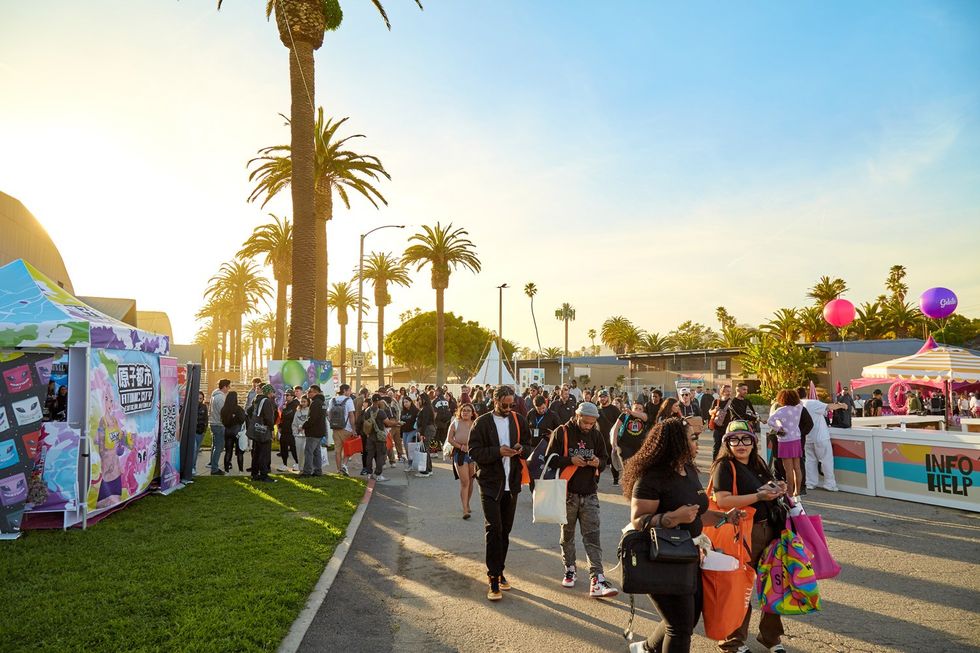 Scenes from Hall of FlowersPress photo provided by Hall of Flowers
Scenes from Hall of FlowersPress photo provided by Hall of Flowers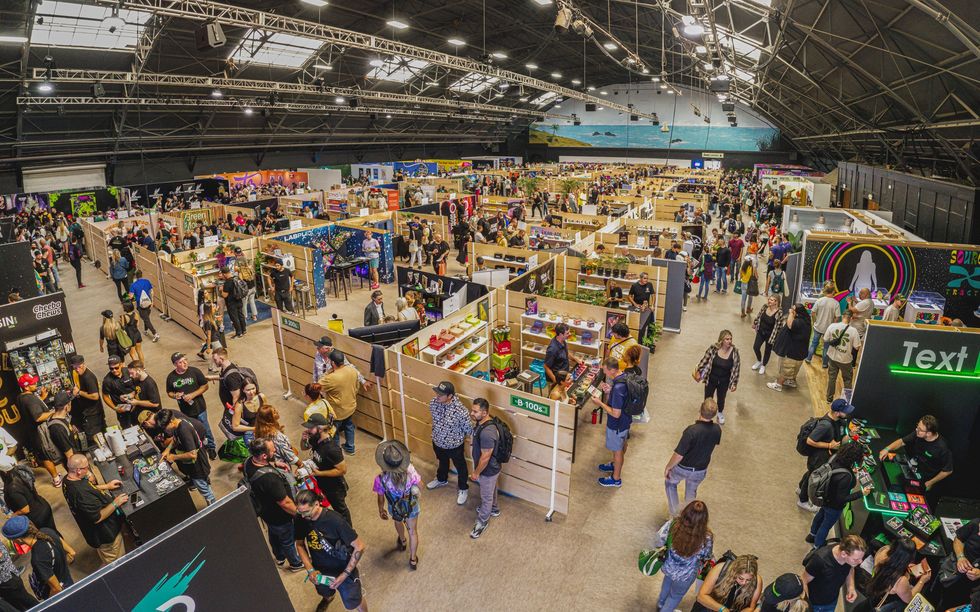 Scenes from Hall of FlowersPress photo provided by Hall of Flowers
Scenes from Hall of FlowersPress photo provided by Hall of Flowers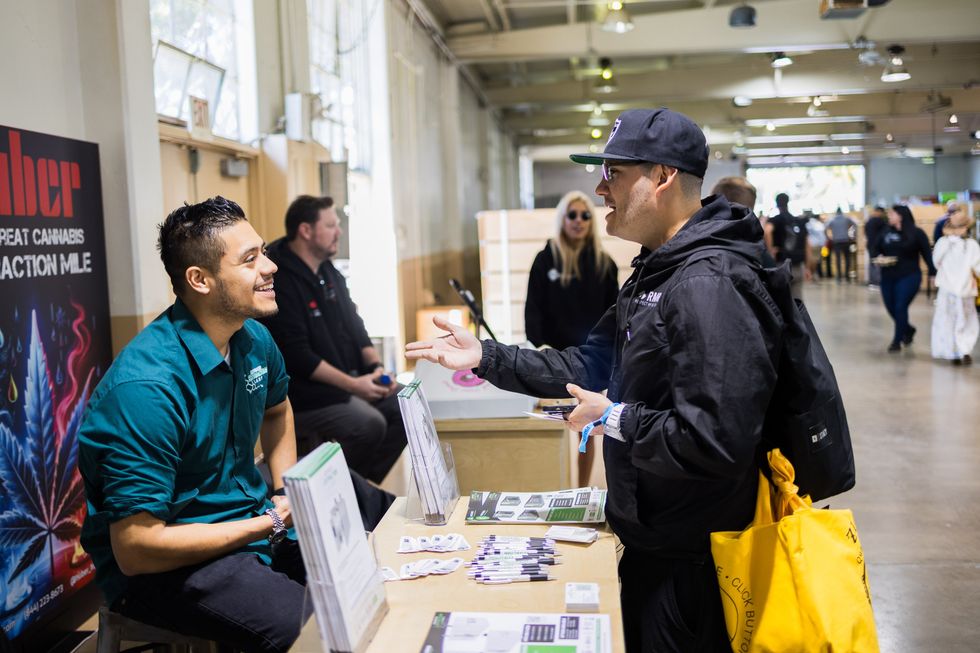 Respect My Region's Joey Brabo talking to an exhibitor at Hall of FlowersPress photo provided by Hall of Flowers
Respect My Region's Joey Brabo talking to an exhibitor at Hall of FlowersPress photo provided by Hall of Flowers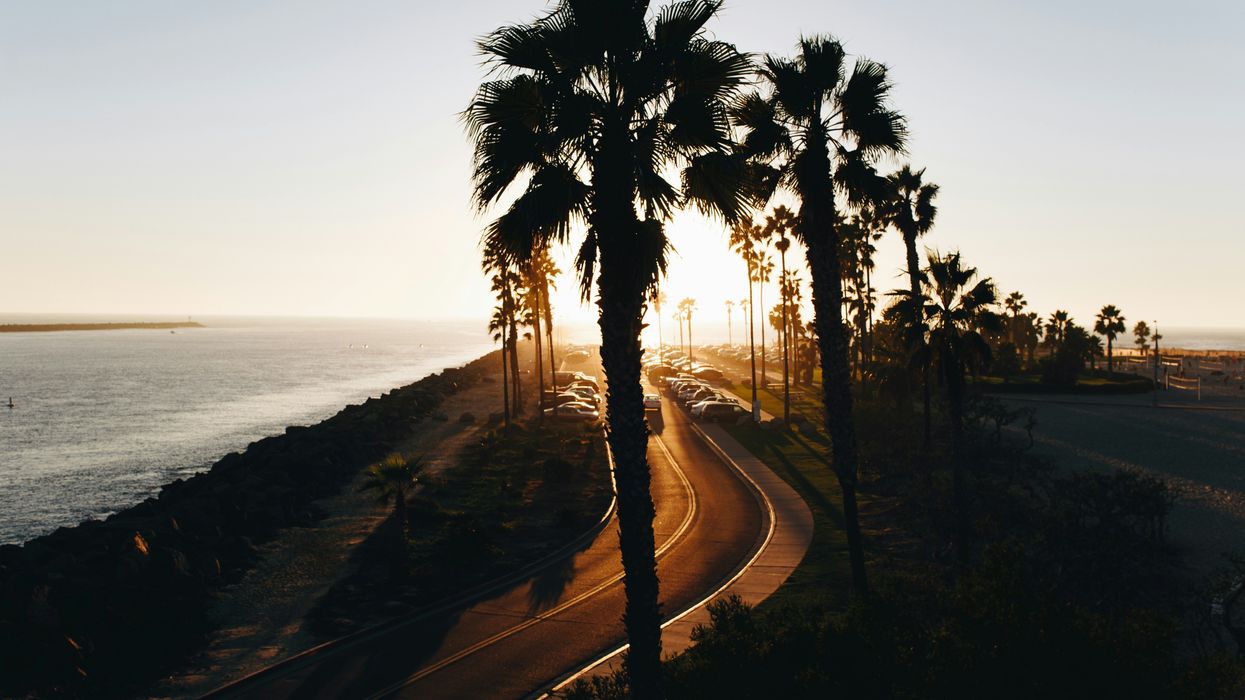
 The Dominoes Are Falling Nationwide as Federal Prohibition Ends
The Dominoes Are Falling Nationwide as Federal Prohibition Ends
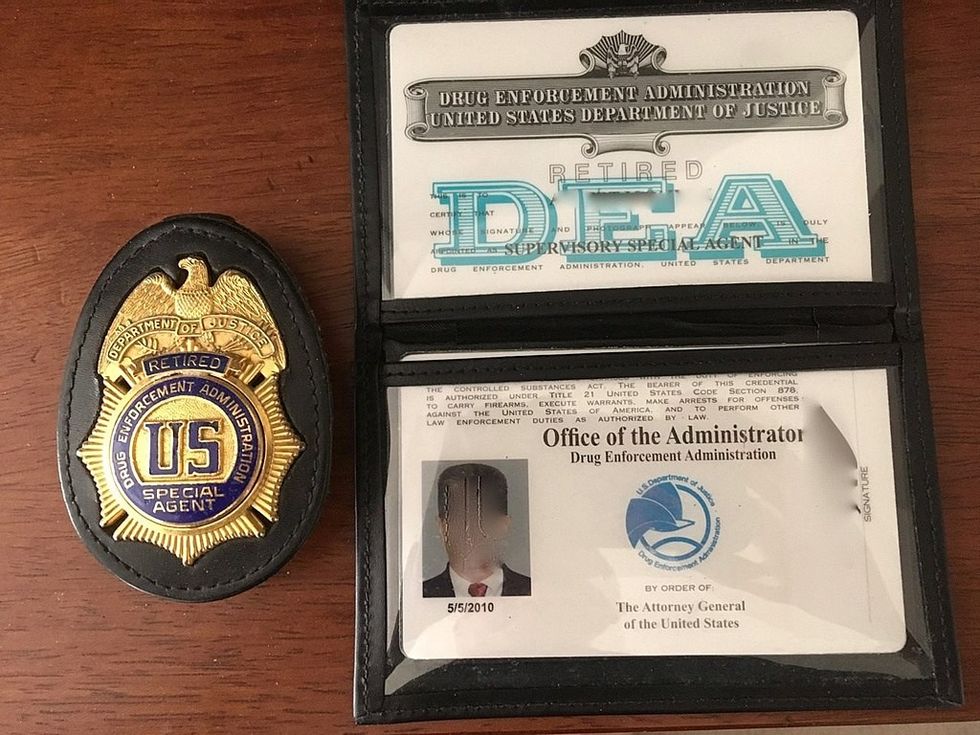 DEA prohibited from randomly searching passengers at airports and other transport hubs - The Bluntness
commons.wikimedia.org
DEA prohibited from randomly searching passengers at airports and other transport hubs - The Bluntness
commons.wikimedia.org